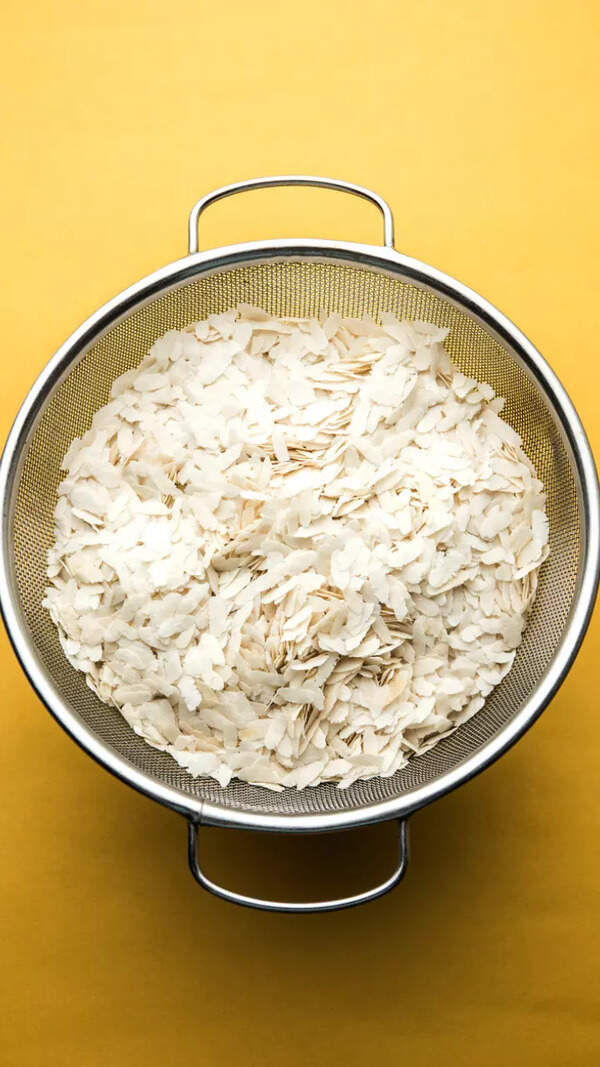- News
- Business News
- International Business News
- Warren Buffett held $72B in Apple share - but used a Samsung phone worth less than his lunch
Trending
Warren Buffett held $72B in Apple share - but used a Samsung phone worth less than his lunch
Despite his firm's massive investment in Apple, Warren Buffett famously used a Samsung flip phone until 2020. He resisted upgrading even as Apple's stock soared, finally switching to an iPhone 11, primarily for calls. While recently reducing his Apple holdings, Berkshire Hathaway still maintains a significant stake, demonstrating Buffett's belief in the company's long-term value.
Despite overseeing a massive stake in Apple valued at $72 billion by the end of 2019, Warren Buffett continued using a $20 Samsung flip phone until 2020. The billionaire investor and Berkshire Hathaway CEO resisted switching to an iPhone even as Apple’s value soared and its products became dominant worldwide.
Buffett's investment firm began buying Apple shares in 2016. By 2018, his holdings in the tech giant had become one of the largest in the world. Yet, he was still carrying a Samsung SCH-U320 flip phone. In a 2018 CNBC interview, Buffett said, “Tim Cook sent me a Christmas card again this year saying he's going to sell me an iPhone this year,” while holding up the old device.
Also read: 5.5 million percent returns since 1964, over 140 times that of S&P 500! Why there will be no other investor like Warren Buffett
He only upgraded to an iPhone in 2020, when Apple’s stock reached record highs and its valuation approached $1.5 trillion. At the time, Apple's shares made up more than 40% of Berkshire Hathaway’s equity portfolio. “My flip phone is permanently gone,” Buffett told CNBC in February 2020, adding, “I've been given several of them, including [from] Tim Cook.”
Buffett acknowledged that he used the iPhone 11 mainly for calls. “You're looking at an 89-year-old guy who's barely beginning to get with it,” he said.
His reluctance to upgrade gadgets aligns with his broader personal philosophy. In a 2013 CNN interview, he joked about still using a Nokia flip phone, saying, “This is the one Alexander Graham Bell gave me,” and added, “I don't throw anything away until I've had it 20 or 25 years.”
Buffett’s approach to investing has never relied on personal use of products. He backed Apple because he believed in its business fundamentals and brand power and not because he used its devices.
In 2024, Buffett began reducing his Apple holdings. Berkshire sold about 115 million shares in Q1 and later shed another $80 billion worth in Q2. Even so, the firm retained over 905 million shares, valued at approximately $174 billion, making up about 6% of all Apple shares and nearly 20% of Berkshire’s total portfolio.
Stay informed with the latest business news, updates on bank holidays and public holidays.
AI Masterclass for Students. Upskill Young Ones Today!– Join Now
End of Article
Follow Us On Social Media











